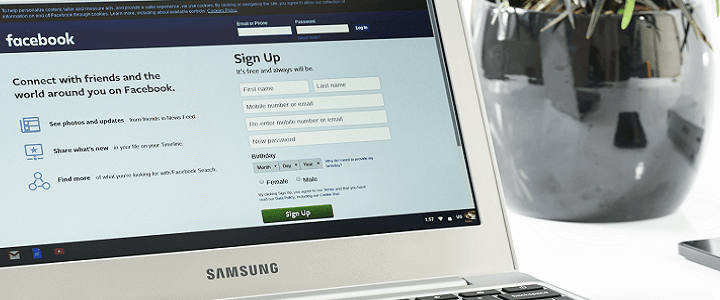Over the last few years, warnings have proliferated from U.S. counterintelligence authorities about the dangers of social media for security clearance holders.
Senior U.S. officials have described social media – particularly, popular business networking tool LinkedIn – as a veritable intelligence directory for hostile foreign governments like China, Russia, and Iran. U.S. allies France and Germany have both published the results of investigations demonstrating how hostile intelligence services utilize social media for recruitment and information gathering. And most recently, a criminal indictment against former defense contractor and alleged Chinese spy Ron Rockwell Hansen included this fascinating detail: Hansen printed out his colleagues’ social media profiles for his handlers at Chinese Intelligence.
All of this is to say that a prudent security clearance holder maximizes social media privacy settings, limits the sharing of personal information to a bare minimum, and exercises good judgment and common sense in accepting invitations and connections from those with whom s/he does not have a personal relationship.
But is that enough? As I first cautioned years ago, even the most basic personal details posted online can be valuable to criminals, terrorists, and spies when paired with “people search” websites and other publicly available information like federal agency organizational charts. In essence, posting personal details online is like giving bad actors a road map to one’s home and family. Why take the risk for the ability to keep track of an old high school flame or watch videos of your cousin’s kid learning to play the piano? Why not simply delete one’s social media accounts altogether?
Of course, I realize that this is an overly simplistic assessment of the cost-benefit analysis: there are plenty of other good reasons why people use social media – including this author, who uses it for business marketing purposes – and most people aren’t being actively targeted by bad actors.
Nonetheless, the ever-increasing use by foreign intelligence services of social media platforms, combined with new U.S. government social media monitoring of clearance holders, would seem to counsel in favor of deleting social media accounts entirely. And if those aren’t good enough reasons to swear-off social media , here is another: a recent study by the American Psychological Association found that social media use played an adverse role in the mental health of adolescents and young adults.
We all have to make our own decisions in life, and the choice of whether or not to use social media is certainly one of them. From the perspective of this defense attorney, however, success in any endeavor requires managing risk. Deleting one’s social media accounts is arguably a reasonable, cheap (free!), quick, and easy way of managing risk to livelihood and personal safety – with a positive mental health bonus to boot.
This article is intended as general information only and should not be construed as legal advice. Consult an attorney regarding your specific situation.


